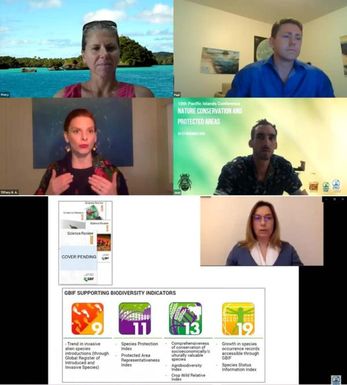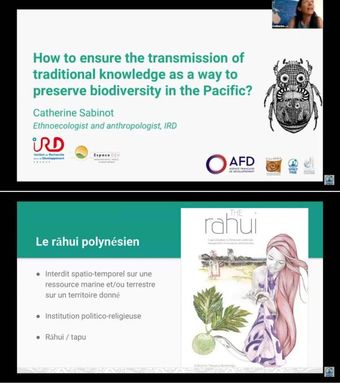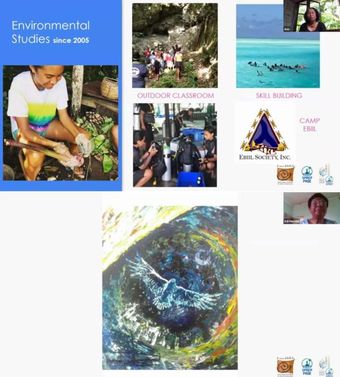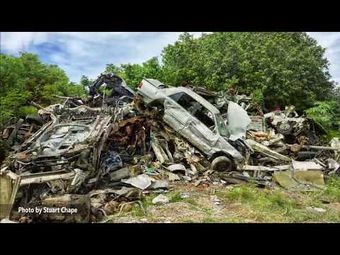Session 7: How we can better use data & traditional knowledge to make decisions that affect nature (Video)
- Description:
- Monitoring and Informed Decision Making In the context of the pacific Region, this session will explore: 1. The role of targets and indicators in farming information gathered for decision-making regarding how nature is used and protected; 2. Issues around information availability and quality; 3. The range of data platforms and tools for aggregating, housing and making sense of scientific data and traditional knowledge; 4. How decisions are actually made that impact Pacific biodiversity and ecosystems and what sorts of information, if any, are decision-makers using.
- Display date:
- 2020
- Location:
- Pacific Region
- Collections:
- Secretariat of the Pacific Regional Environment Programme (SPREP)
- Publisher:
- Secretariat of the Pacific Regional Environment Programme (SPREP)
- Content partner:
- Secretariat of the Pacific Regional Environment Programme (SPREP)
- Availability:
- Not specified
-
Copyright status: All rights reservedFind out more about what you are able to do with this itemThis item is all rights reserved, with means you'll have to get permission from Secretariat of the Pacific Regional Environment Programme (SPREP) before using it. For more information, please see our use and reuse page.What can I do with this item?Non-infringing useNZ copyright law does not prevent every use of a copyright work, and this item may be hosted by an international institute or organisation. You should consider what you can and cannot do with a copyright work.No sharingYou may not copy and/or share this item with others without further permission. This includes posting it on your blog, using it in a presentation, or any other public use.No modifyingYou are not allowed to adapt or remix this item into any other works.No commercial useYou may not use this item commercially.
Related items
Welcome and warm Pasifik greetings
The information on this site has been gathered from our content partners.
The names, terms, and labels that we present on the site may contain images or voices of deceased persons and may also reflect the bias, norms, and perspective of the period of time in which they were created. We accept that these may not be appropriate today.
If you have any concerns or questions about an item, please contact us.



